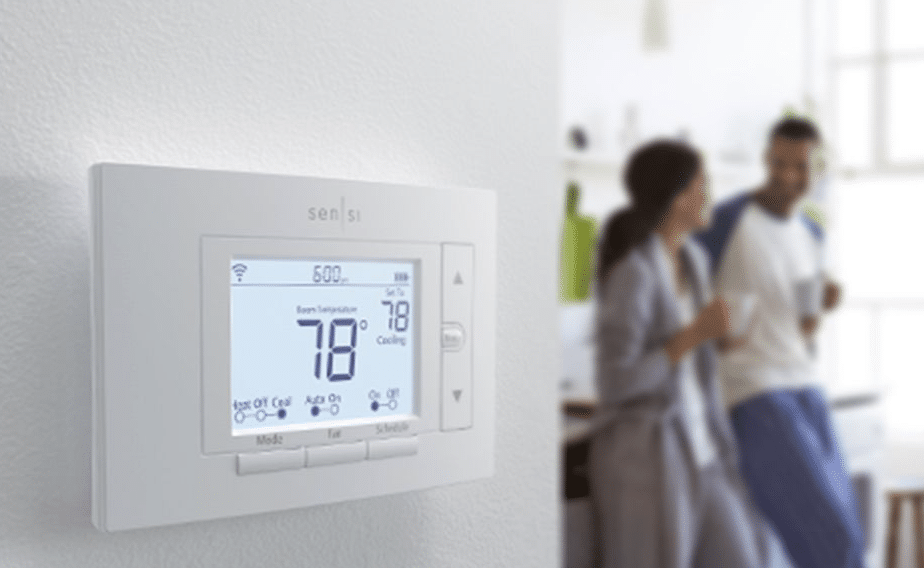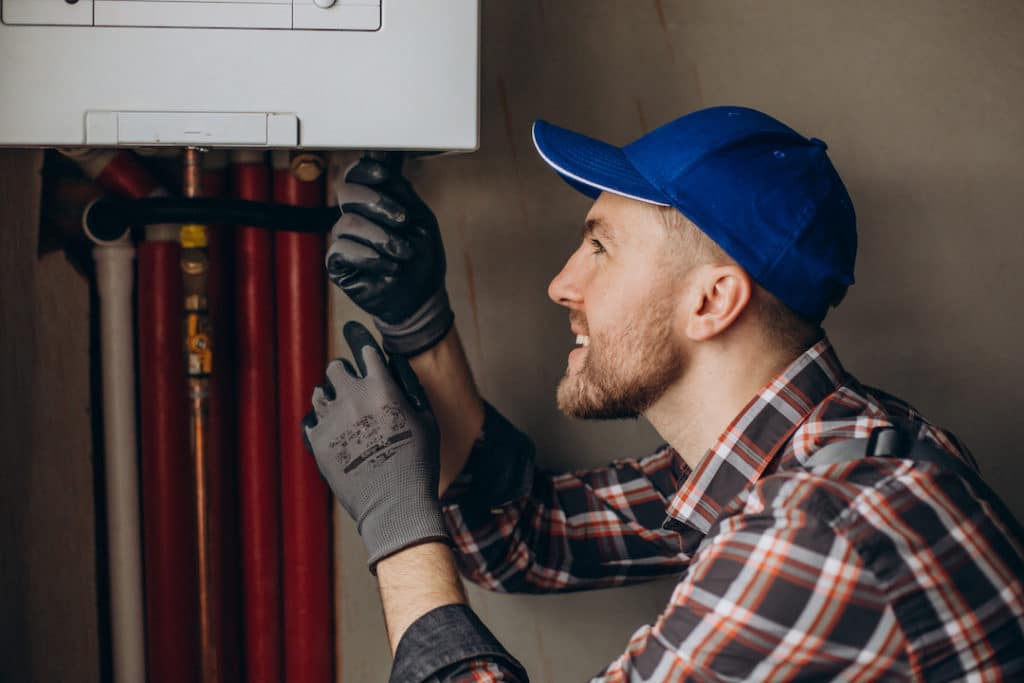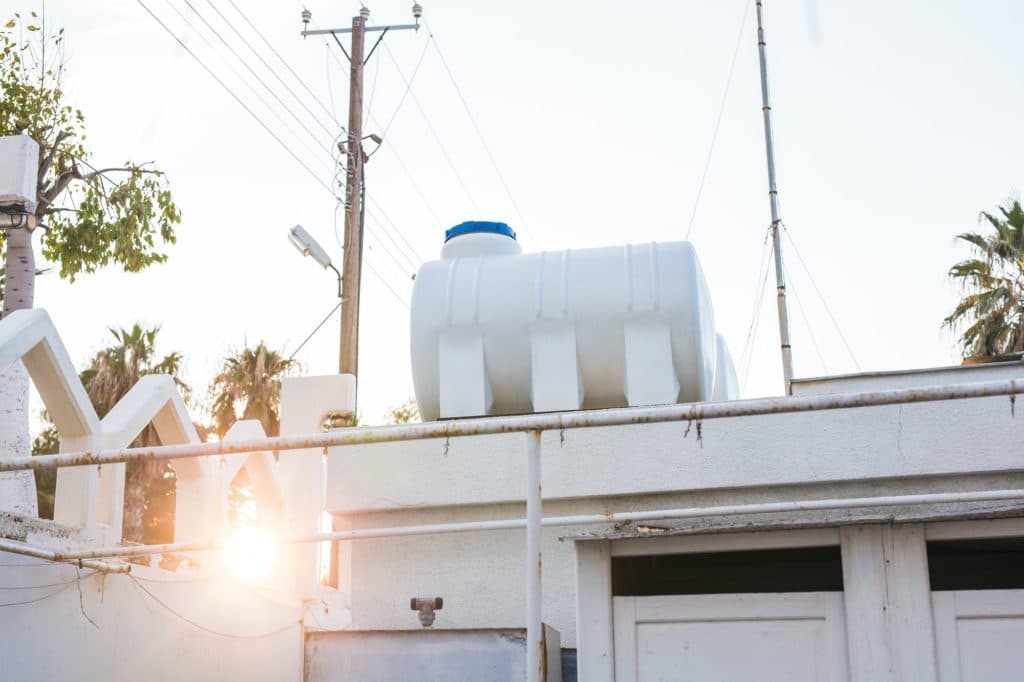When your solar water heater starts acting strangely, it’s easy to panic. But before you call a professional, there are several things you can do yourself.
In this blog post, we’ll outline five things you can do to try and fix the problem. Hopefully one of these tips will help get your water heater back up and running!
1. Check the thermostat
One of the most common issues with solar water heaters is that the thermostat gets turned down inadvertently, causing the water to cool too much. If this happens, the first thing you should do is check the thermostat and make sure it is set to the correct temperature. If it is not, simply adjust it until it is.
You may also want to check the manual for your particular model of solar water heater to see if there are any other recommended settings.
Another related issue with solar water heaters is that the tank itself becomes too hot. This can happen for a variety of reasons, but usually, it is due to an issue with the insulation surrounding the tank. If you believe this may be the case, you will need to contact a professional to come and take a look.

In some cases, they may be able to replace the insulation, while in others they may need to replace the entire tank. Either way, it is best to leave this kind of work to the professionals.
2. Inspect the plumbing for leaks
If the water level in your solar water heater’s tank is low, it will not be able to heat the water properly. This is usually due to a leak in one of the pipes leading to or from the tank.
To check for leaks, first, make sure that all the taps in your home are turned off. Then go to the main shut-off valve for your water heater and turn it off. Wait a few hours, then go back and check the water level in the tank. If it has not changed, then you likely do not have a leak. If it has gone down, however, you will need to contact a plumber to come and fix the leak.
Once the leak has been fixed, you will need to refill the tank. This can be done by simply turning on the main shut-off valve and waiting for the water to flow back into the tank.

If you have an electric water heater, you may also want to check the reset button. This button is typically located near the top of the unit. If it has been tripped, simply press it and wait for the water to start flowing again.
3. Check the collectors for dirt and debris
If your solar water heater is not heating the water properly, it could be because the collectors are dirty. Over time, dirt and debris can build up on the collectors, preventing them from absorbing enough sunlight.
To clean the collectors, simply rinse them off with a hose. It is important to be careful when doing this, as the collectors are made of glass and can break easily.
If the collectors are severely damaged, you will need to replace them. This is a job that should be done by a professional.
Once the collectors are clean, you should see an improvement in the performance of your solar water heater.
4. Check the valves and controls
Another potential issue with solar water heaters is that the valves and controls become damaged or corroded over time. If this happens, they may not be able to properly regulate the flow of water, which can lead to problems.
To check the valves and controls, simply inspect them for any damage. If you see any corrosion or damage, you’ll need to replace them. If the valves and controls seem to be in good condition, the next step is to check the water pressure.
professional. Solar water heater repair and maintenance can be expensive, but it’s worth it to keep your system running smoothly.
The ideal water pressure for a solar water heater is between 40 and 60 psi. If the pressure is too low, it can cause problems with the system. To check the water pressure, you’ll need a pressure gauge.
If you’re not sure how to do this, better to consult with a professional to avoid damaging the system and voiding any warranties.
5. Check the warranty
If you’re still having problems with your solar water heater, the next step is to check the warranty. In most cases, solar water heaters come with a minimum of a 1-year warranty, in some cases, they may even have a longer warranty (up to 5 years).
If yours is still under warranty, you may be able to get it repaired or replaced for free. To do this, simply contact the manufacturer and explain the problem.
Final Thoughts
If you’re experiencing any of the problems listed in this post, don’t hesitate to call a professional. Solar water heater repair and maintenance can be expensive, but it’s worth it to keep your system running smoothly.
DIY is not always the best solution, sometimes it is best to leave it to the professionals. The money you’re trying to save by doing it yourself may end up costing you more in the long run.
We hope this post was helpful. If you have any questions, feel free to contact us. We’re always happy to help!


